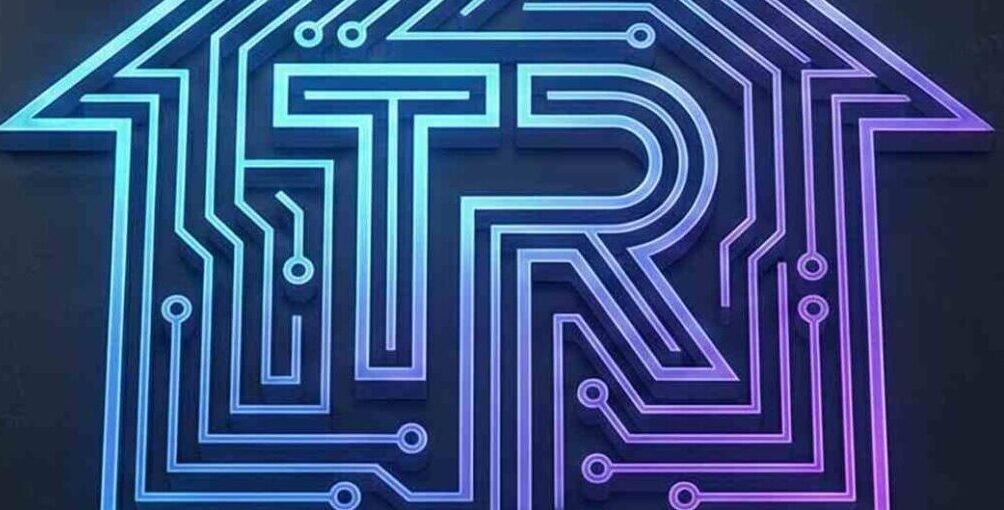Augmented reality (AR) is transforming how we interact with the world around us. AR overlays digital information and virtual objects onto our real-world environments. While AR technology has been around for some time, it is now moving from specialized applications to mainstream consumer uses.
As AR adoption increases, it is being incorporated into apps and services that many of us use every day. From shopping to navigation to education, AR is changing our daily experiences in some unbelievable ways.
AR Interior Design Apps
One of the most practical uses of augmented reality is in interior design apps. Apps like Houzz allow users to visualize furniture and decor in their actual living spaces before making any purchases.
Using your phone’s camera, you can place photorealistic 3D models of products in your room. This makes it easy to see how a couch or coffee table might look in your space, without having to estimate dimensions. AR allows for more accurate visualization and planning of interior designs.
Being able to see virtual furniture in its true-to-life size also prevents buying pieces that are too large or small for a room. The ability to move items around and view from different angles helps create interior designs that work for an actual living space, rather than just a theoretical layout.
Makeup and Hairstyling Apps
From makeup to hair dye, AR allows you to experiment with your style easily. Apps like YouCam Makeup apply virtual makeup on faces shown through the camera view. This lets users play around with different lipsticks, eyeshadows, and other products without having to apply anything.
Hairstyling apps work similarly, letting you see how you would look in different hair colors and styles. You can see if a bold new color suits you, without having to commit to any permanent dyes. Or try on a short bob or a ponytail to consider a dramatic hairstyle change, risk-free.
This virtual approach saves time and money while allowing the freedom to test as many different looks as possible. AR empowers users to expand their style horizons in revolutionary ways.
Navigation Apps
AR navigation apps are enhancing the way we get from point A to point B. Apps like Google Maps provide an immersive navigation experience by overlaying directions directly onto the physical world.
As you hold up your phone while walking, you can see animated arrows and prompts floating over the real street. This takes navigation to the next level, providing live visual cues on where to turn and when to continue straight ahead.
AR navigation allows users to navigate seamlessly, without having to glance back and forth between their phones and surroundings. The enhanced visual directions make it easy to follow routes in real-time for an intuitive navigation experience.
Educational Apps
The ability to interact with 3D models and objects is an AR game-changer for education. Apps like Anatomy 4D provide interactive digital models for learning about topics like human anatomy.
Students can examine 3D hearts, brains, and other body parts. They can even isolate individual bones and organs for closer inspection. This kind of immersive education simply would not be possible without augmented reality technology.
Visualizing and manipulating 3D models facilitates deeper learning and information retention. AR education tools are enabling new teaching methods that were previously unimaginable.
Gaming Apps
Gaming apps have always been early adopters of new technology, and AR is no exception. Augmented reality games like Pokémon GO illustrated the possibilities of merging gameplay with the physical world.
Walking around in real life, players search for virtual characters appearing through their phone’s camera. The game world overlays onto streets, parks, and cities to create an engaging mix of exploration and gameplay.
This kind of experience draws people into augmented worlds, blurring the lines between what is real and virtual. The runaway success of AR games demonstrates the technology’s ability to create new dimensions in entertainment.
Retail Apps
Augmented reality is also revolutionizing retail experiences. Apps like IKEA Place allow customers to visualize products in their own living spaces.
Simply scan an area with your phone, and you can place true-to-scale 3D models of IKEA furniture anywhere. See exactly how a chair or desk would fit a room, or if a shelf matches your décor. This convenience empowers shoppers to “try before they buy” all from the comfort of home.
As AR retail apps gain adoption, expect an e-commerce landscape where you can visualize products in your life before purchasing. No more guessing if something will work in your home—augmented reality turns it into a virtual showroom.
Conclusion
These are just a handful of the many unbelievable ways augmented reality is changing everyday life. As the technology advances, AR adoption will only increase. It has untapped potential limited only by creativity.
From virtually trying on clothes to interactive city tours, AR is making our world more immersive. It is shifting from conceptual promise to practical reality. As augmented worlds continue blending with our own, get ready for the unbelievable.
Discover more from TechResider Submit AI Tool
Subscribe to get the latest posts sent to your email.
